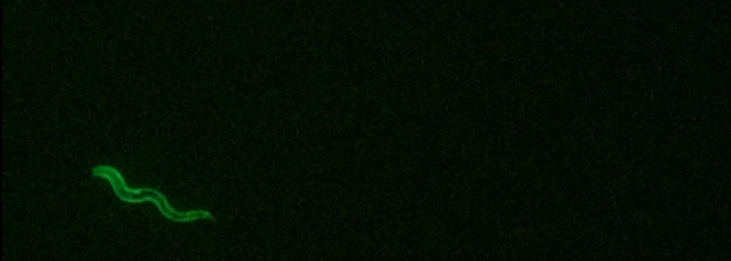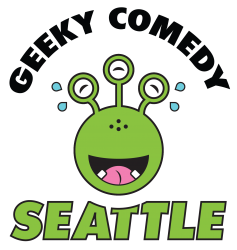Last week, I was in New York City.
For the most part, I was on holiday.
*cue 3-line rant about how amazing it was*
I can’t stress enough how amazing it was – obviously; New York is awesome – and how much delicious food we had – lobster sandwiches and NY pizza and (no-Turkey-for-me) Thanksgiving dinner – and how sad I am about being back in the real world.
*end rant*
But alongside the fun and leisure, I also volunteered for a science education event organised by RockEdu, Rockefeller University’s educational outreach office.
Apparently, it was surprising that I would give up half a day of my holiday to volunteer at an outreach event. But to me, it was an interesting experience, an opportunity to try out my outreaching enthusiasm in a different context, make some useful connections and most of all, a whole lot of fun!
After this experience, I’d really like to pitch a new idea: EduTourism (#EduTourism, spread the word, folks): volunteering in educational programmes while on holiday. It gives a new perspective on outreach, it gives you a good excuse to visit another academic institution, and it is a perfect way to interact with locals! Also, it makes you feel that your trip was more than just a – albeit entertaining – waste of money.
What I especially liked about the RockEdu lab, was how organised everything is. Instead of the usual format of a science education team, i.e. a bunch of volunteering PhD students and PostDocs who want a break from their research and the occasional coordinating staff member, RockEdu has a team of 5 or 6 people permanently working in outreach. They write grants, create activities, set up mentoring programmes, coordinate summer projects, etcetera etcetera. Moreover, they have a lab space that is exclusively and specifically used for science education. Instead of activities carried out in some corner between labs or in an improvised table-based laboratory missing crucial equipment or sockets, these benches are meant for education! Classes can come in – for free – and participate in a science experiment tailored for their age and level.
So I spent part of the day helping a group of 16ish-year-old AP bio students through a GFP purification process, something I myself knew about but had never actually carried out. Using blue flashlights and yellow goggles, the whole process could be followed closely, which was pretty neat. We learned about proteins, fluorescence, jellyfish, what doing a Phd is all about. We ran a gel and looked at some GFP-expressing worms as an example of an in vivo application. I thought it all was pretty cool and the students also seemed to have enjoyed themselves (while learning something, of course).
Overall, I’m really glad I took the time to participate in EduTourism, and totally hope that this will become an actual thing.



Thank you for coming, Valerie, and we hope that you have started a movement here with EduTourism!! What a fun and rewarding concept. Hope we cross paths again, soon!!